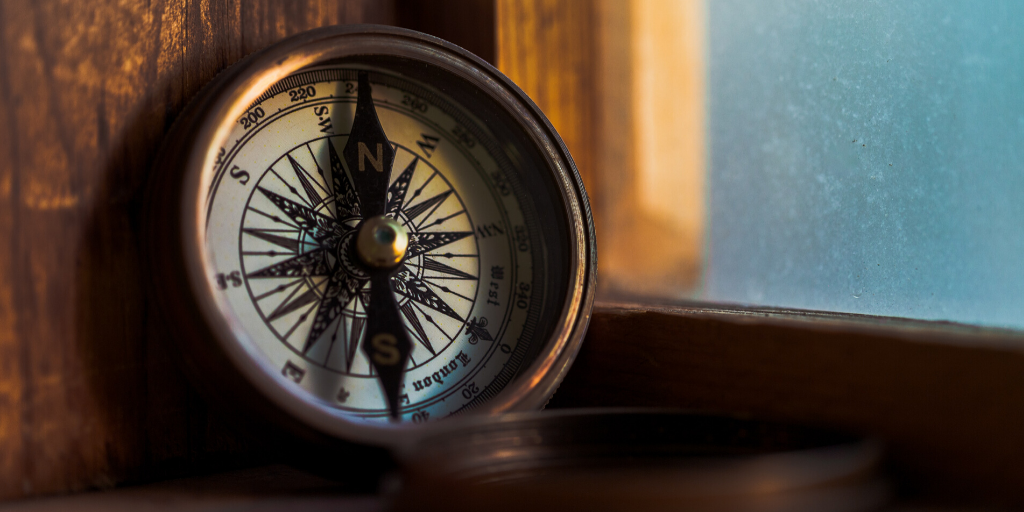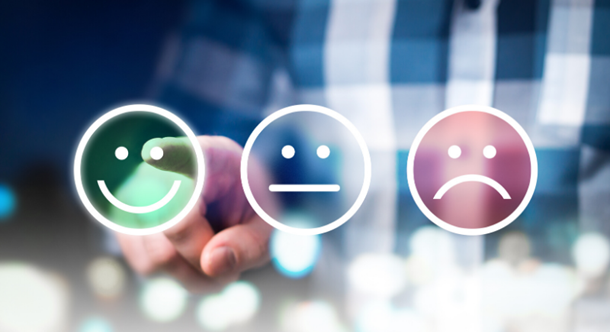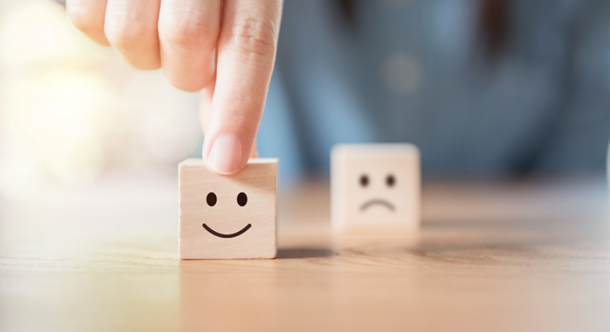
As we navigate our way through the COVID-19 Roadmaps we may feel lost and stranded. The mental effects of living our lives around a pandemic can impact our mental health and confidence.
Sean Fitzpatrick of our Service Users and Supporters Council discusses the impact of quarantine on us and talks about things that can help lessen the impact.
I suppose you’d have to be a hundred years old to have been a fan of GK Chesterton during his heyday, but the English essayist and novelist certainly left his literary mark on the world. I was thinking about one of his better lines as I contemplated the worst days of the COVID-19 pandemic.
The creator of the fictional detective Father Brown was famous for doing quite unusual things. He once packed for holidays, locked his house, and called a taxi to take him to the railway station, but then re-hired the taxi to take him back home again. When asked to explain this bizarre behaviour, he said all the joy of holidays lies in its preparation and with the pleasure of coming back home – so he was simply cutting out the middle man!
The Chesterton line I thought of recently was the telegram he is reputed to have sent to his wife. It read: ‘Am in Market Harborough, where aught I to be?’. It made me think that, after over four months of COVID-19, and despite all the advice, cautions, forebodings and admonishments, some of us are still a bit lost and stranded.
The new normal?
The cliché about ‘the new normal’ - which is what we are getting from so much media, print and digital - is not enough, as far as I am concerned. We need to tunnel our way into this changed world and so much ‘new normal’ talk is not going to get us there.
The very idleness of the past few months has been so difficult for those experiencing depression and anxiety, which is something that has not always been considered.
A review on the impact of quarantine was published earlier this year, by the prestigious United Kingdom journal, The Lancet. Its results were predictable, if not greatly reassuring. Pandemic isolation, it found, was going to promote all the familiar effects that the mental health experts talk about: helplessness, loss of control – you probably know the rest. Fear of using public transport, social anxiety and economic stresses were all mentioned, and The Lancet piece showed that nowadays there is at least a greater understanding of the mental issues involved.
Lessening the impact
How to lessen the impact is the burning issue for many.
We must approach things in our own individual ways. I have been trying to host online social chats with my peers; selecting a music playlist has also helped. Setting up a WhatsApp group with ‘lost’ friends provided another mental health bonus, not to speak of Zoom quizzes and, at all times, the absolute dedication to the routine of self-care, de-cluttering, mindfulness, walking and reading. And, as anyone with elderly parents will know only too well, there is the endless crusade for the best ‘supermarket bargains.’
While the new post-coronavirus era has us accepting many changes, as far as I am concerned, the line must be drawn at ‘the new normal.’ It is the corporate cliché I hate most, suggesting to give a solution to a dilemma that, frankly, has yet to be discovered. We need a lot more patience, perseverance and honest respect for people’s intelligence before the world becomes ‘normal’ again.
I’m looking forward to a time when the face masks are off and when the gloves are discarded, and we will have got around to a more informed debate on mental health in Ireland. I’d hate to think that we were stuck emotionally at a bus stop in Market Harborough with Gilbert Keith Chesterton.
More COVID-19 mental health supports
More information about minding your mental health as lockdown begins to lift.


